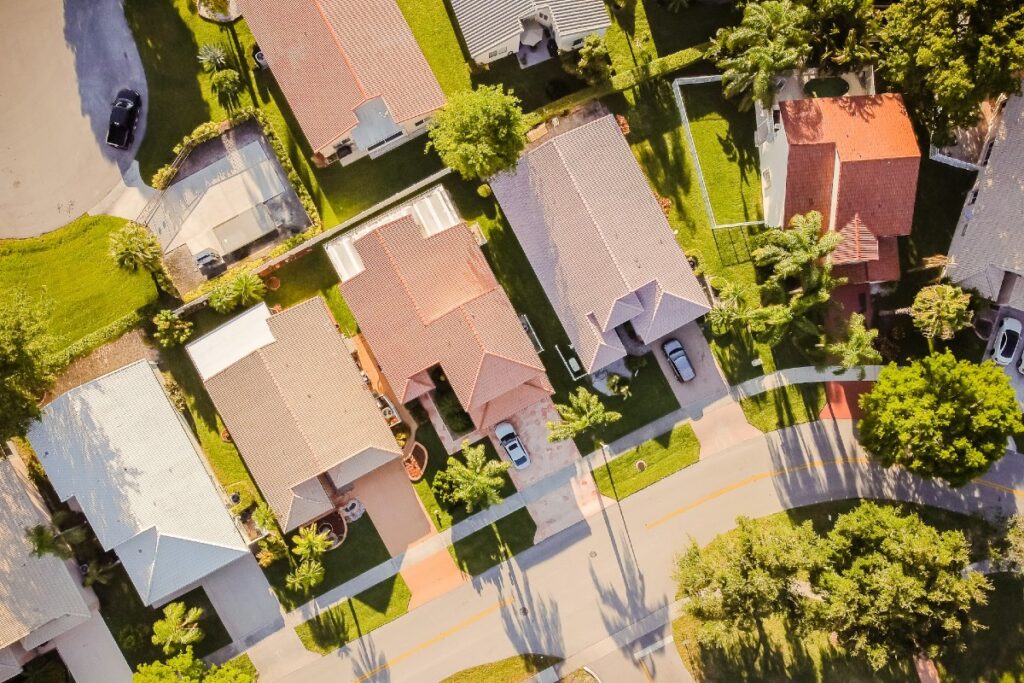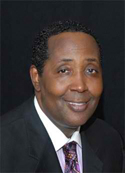
Consumer complaints against South Carolina homeowner associations (HOAs) have more than quadrupled since official record-keeping began in 2018, according to a new S.C. Department of Consumer Affairs report. And that’s part of what is fueling renewed calls for better HOA regulation in a state where more than 25% of residents live under association governance.
According to the report, S.C. residents filed 365 verified complaints in 2023 that raised a total of 742 specific concerns. A majority of complaints came from Horry, Richland and Charleston counties. The top three issues that were reported involved failure to enforce covenants and bylaws, concerns about maintenance and repairs, and disagreements with HOA fees and special assessments.

S.C. Sen. Darrell Jackson, a Richland County Democrat who has been advocating for comprehensive HOA reform since 2009, said he was “not surprised” by the report’s findings, given what he sees as the light regulations imposed by the legislature in the Homeowners Association Act of 2018.
“Even when that bill passed – it was all we could get at the time – I knew it would not stop the complaints,” Jackson said in an interview Thursday.
Under the 2018 act, HOAs are required to file their governing documents with a county’s Register of Deeds, notify members of proposed fee increases and ensure that prospective homeowners are informed that the property is part of an HOA. It also directs the state Department of Consumer Affairs to collect data on HOA complaints and compile it into an annual report.
“Based on this report and the anecdotal evidence I’ve seen, I think the time has come for us to revisit that,” Jackson said.
A large and growing presence
Usually found in subdivisions and condominium buildings, HOAs are self-governing membership organizations made up of all the homeowners in a given community. They are responsible for creating and enforcing community rules, and for maintaining common areas such as pools, parking lots and playgrounds. Rules can cover almost anything – from yard landscaping. to the color of mailboxes and garage doors, to the number and kinds of pets allowed – and are usually enforced with fines. According to the U.S. Census, the average monthly HOA fee paid by homeowners stands at $191.
At present, South Carolina is home to about 7,000 HOAs with more than 1.3 million residents – a number that likely will grow as developers continue to build 80% of their new houses in HOA-governed communities.
And according to a 2020 poll conducted for the Community Associations Institute, an industry trade group that lobbies on behalf of HOAs, the vast majority of those homeowners – about 90% – are satisfied with their HOA.
“The new research further strengthens our belief that community associations bring people together and create a place where neighbors grow, connect, and support each other in good and challenging times,” CAI’s chief executive officer Thomas M. Skiba said in a statement when the results were released. “CAI is proud to present these findings—especially as millions of dedicated homeowners volunteer and serve on their association boards and as professional managers work tirelessly to support neighborhoods where people are proud to call home.”
Nevertheless, HOA critics like Drew Radeker, a Columbia attorney who represents homeowners in HOA disputes, argue that many associations wield largely unchecked, quasi-governmental power over residents’ lives and need more robust state oversight.
“HOAs in South Carolina are rife with abuses of power,” said Radeker. “And it’s high time our legislature did something to rein them in.”
The fight over foreclosures
HOA reform efforts in South Carolina are currently focused on H. 3180, a House bill with bipartisan sponsors that would prohibit foreclosures by HOAs for unpaid fines or fees.
The issue of HOA foreclosures became a matter of particular public controversy in 2019, when the S.C. Supreme Court ruled in favor of Devery and Tina Hale, an Irmo couple whose home was foreclosed on by their HOA in a dispute over $250.
The house, worth well over $100,000 at the time, was ultimately sold at auction for $3,000 – an outcome the high court called “unconscionable.”
Jackson, who says he’s seen families facing HOA foreclosures in the church that he pastors, is a strong supporter of the proposed legislation.
Just as important, though, he’d like to see more support in the General Assembly for the kind of comprehensive reform bill he introduced in 2009. But he believes it would take real public pressure to move it forward.
“When I see people whose lives have been torn apart, I don’t understand why there isn’t more of an outcry,” Jackson said. “I would urge people to call their legislators and say we need relief.”
- Jack O’Toole reports on statewide issues for Statehouse Report and the Charleston City Paper. Have a comment? Send to: feedback@statehousereport.com.















 We Can Do Better, South Carolina!
We Can Do Better, South Carolina!
Keys to a good experience with a HOA… residents need to read and understand the covenants and restrictions; they exist to protect the value of properties and for a fostering a good quality of life, respect and welcome all your neighbors, volunteer to be active members of boards and committee’s, and finally communicate your concerns in a positive manner.
We, the Colorado HOA Forum, have spent the last eight years clarifying the role of the Community Association Institute (CAI) when it comes to HOA Reform. The statement in your article ” the Community Associations Institute (CAI), an industry trade group that lobbies on behalf of HOAs” is the type of deceptive information created by the CAI that allows them to convince legislators , the media and others they represent the interests of homeowners. Ask homeowner advocacy organizations about the CAI and whom they represent and they most likely will respond negatively. This group, based on their membership and actions, represents the HOA property management (PM) industry and HOA attorneys and not the interests of homeowners. Those understanding HOA governance know that most HOAs are managed by PMs not HOA Boards. Attorneys also have significant monetary interests in HOAs. The CAI is at the front of the line in opposing HOA legislative reform and we witness this yearly from their lobbyist and members. Presenting themselves as HOA homeowner advocates is like having the fox guard the hen house. The CAI has every right to promote their interests and the media has a right to use them as a source when reporting on HOA issues. However, the media and others have the responsibility to understand what their sources represent.
An HOA should in no way have any control over whether or not to foreclose on your house because you don’t pay the cult fees. They were in the middle of a dispute which means nothing should have been done until the dispute was settled. Besides the ought that foreclosure is off the table for neighbors. That is beyond bullying. Lord of the Flies all grown up.
If you don’t like the HOA rules you shouldn’t have moved there!
Could not agree more!
Have lived as a renter under two management companies, terrible.
Bought a townhouse a year ago and transparency and responses on questions are none existing!
Here in Goose Creek Crowfield plantation charge us Over 500.00 dollars per year just for our Small HOA that is in their plantation. Our HOA has increased to almost 4,500 a year and if we sell our house the First Crowfield plantation gets 500.00 dollars from the seller. I feel like we are paying too much for the duplex we live in. I don’t feel like we should have to pay the plantation that amount every year and they increase the amount when they choose too.